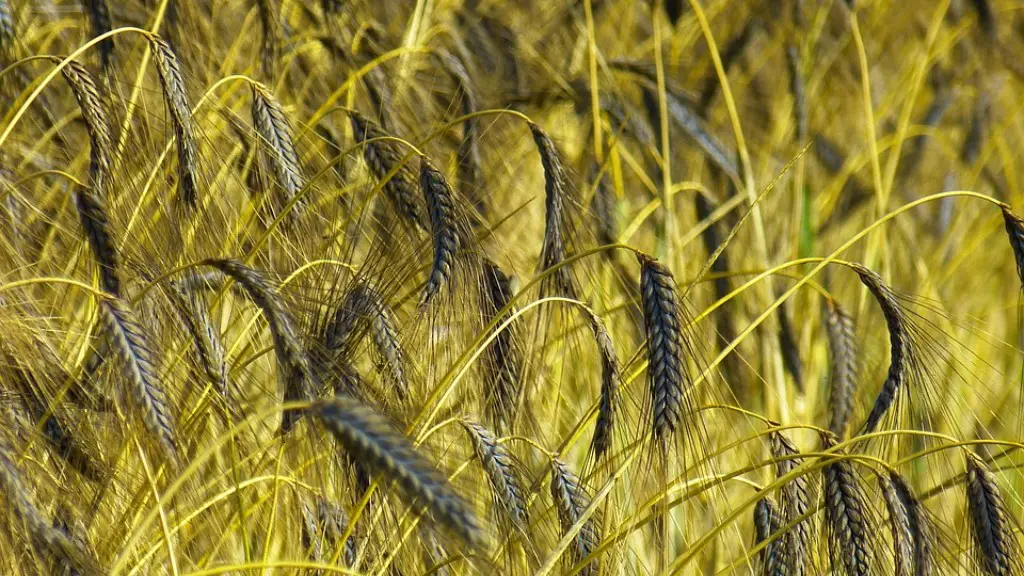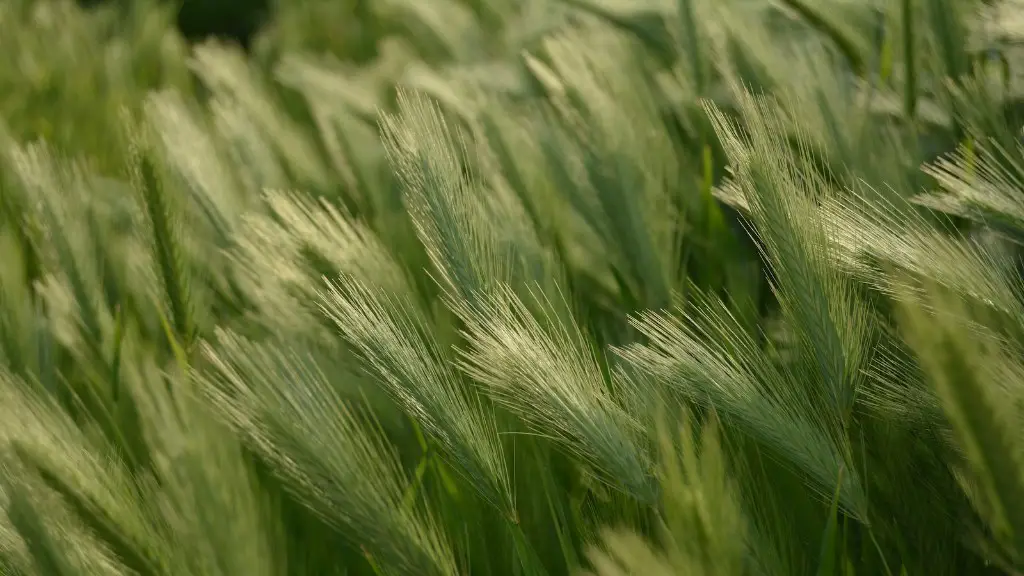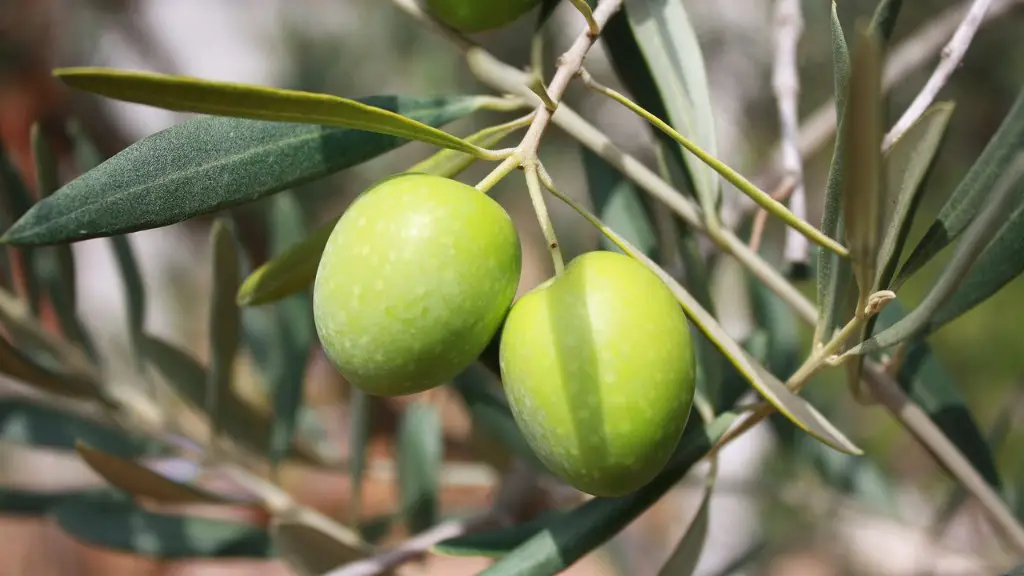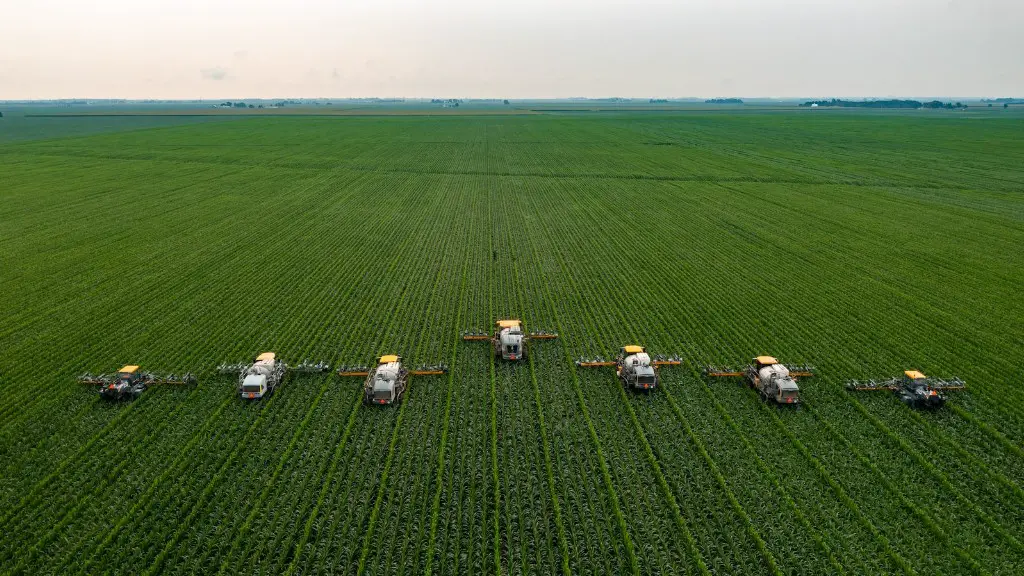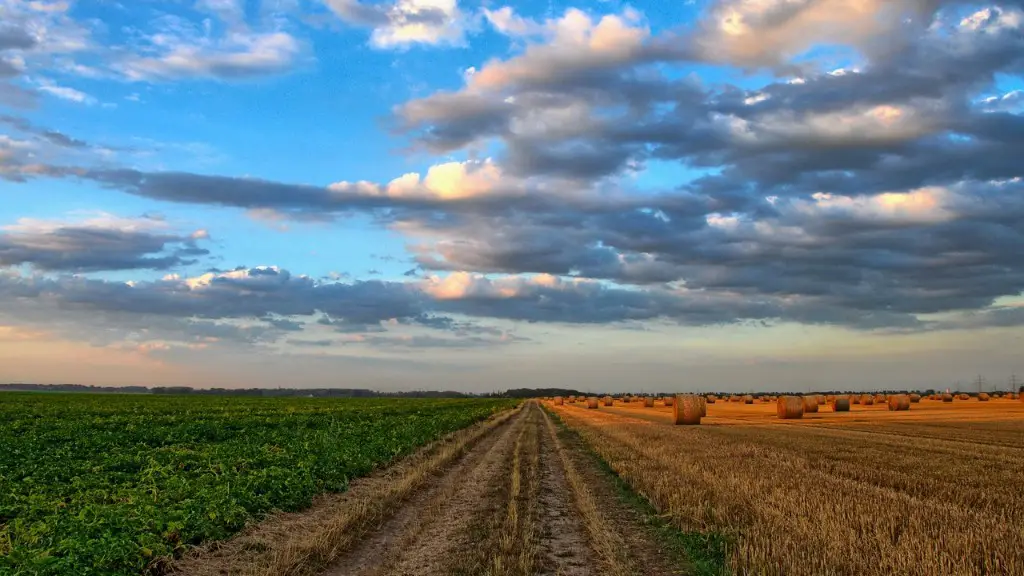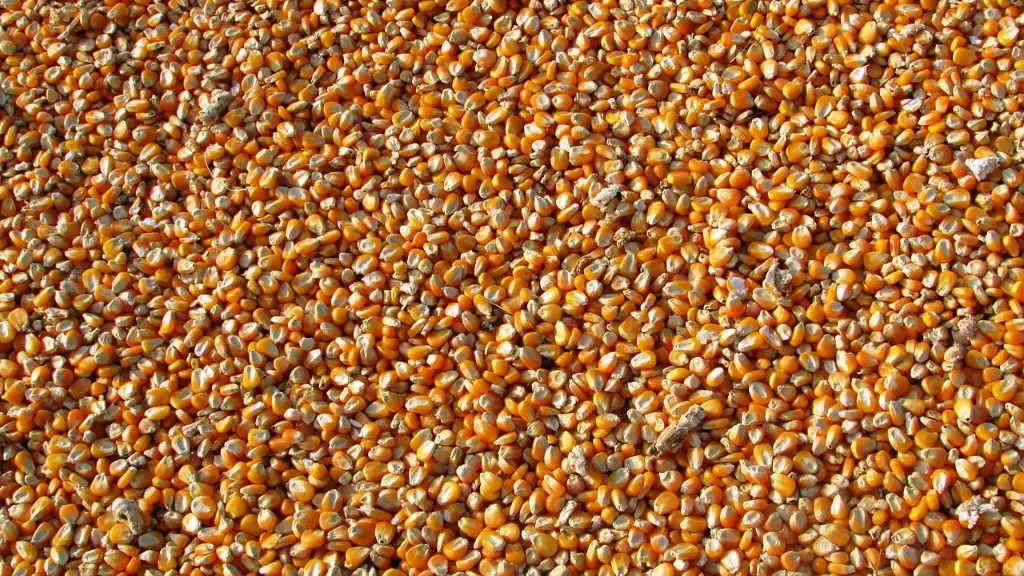Now more than ever, it is important to know who to vote for when it comes to the important election for Commissioner of Agriculture in Florida. Because the agriculture industry is a vital part of the Florida economy, it is important to choose the individual who is best suited to handle the duties of this important position. Although there are several candidates running for this office, it is likely that only one will be chosen. Here is some information to help make the best decision.
First, a look at the backgrounds of the candidates. Each one brings different qualifications, career experience and values to the table. Knowing which of these characteristics the voter most believes will benefit the state should help bring clarity to their voting decision. Examining how each candidate has addressed the topics of concern in the past can also provide insight into how they might handle future matters.
Next, it is also important to look at the stances each candidate holds on important agricultural and environmental issues. Assessing the voting record of the candidates on these topics gives a good indication of where a candidate stands when it comes to agricultural policy development. Regulations and enforcement of these policy decisions determine the success or failure of the agricultural industry, so researching this thoroughly is important when choosing the right person for the job.
Third, research into who is funding each candidate’s campaign can also offer insight into who will benefit from their election. Knowing who is putting money into a campaign gives some indication of what interests the candidate might serve if they are elected, and whether it conflicts with the interests of the general voting population. This is especially important information when choosing the right candidate.
Finally, all voting decisions should consider the ideals and promises each candidate has outlined over the course of their campaign. Have they made promises that they seem equipped to implement in their near future? Who might make the most executive decisions in terms of regulations and legislation if they are elected? These are some of the important questions to consider when placing a vote.
BackgroundCheck
Evaluating each candidate’s background is essential for determining who to vote for in the Commissioner of Agriculture election. Knowing each candidate’s qualifications and career experience informs the voting decision by allowing voters to know if a candidate has the knowledge and effective leadership qualities to handle this influential position. Examining their record on agricultural and environmental matters also provides good insight into the candidate’s stance on the issues.
Furthermore, researching the career path that each candidate has taken can give an idea of their past decisions, which could be important to know when it comes to policy and enforcement decisions in the future. With the influence that the Commissioner of Agriculture has on the agricultural industry in the state, evaluating each candidates’ past actions can help one make a more informed decision.
In addition to looking at a candidate’s professional background, it is also important to consider the people and organizations that are funding the campaigns of each candidate. Investigating this information is vital to understanding the interests that each candidate is ultimately trying to serve. By understanding these motives fully, voting populations can make a more informed decision.
Finally, it is wise to consider the promises and ideals that each candidate has outlined and promised to work towards if they are elected. Analyzing each candidate’s plans for improvement in the agricultural industry can also aid in determining which candidate is the most suitable for the job.
Promises
Promises made by each candidate during the campaign is one way to assess who to vote for in the Commissioner of Agriculture election. Considering what the candidate has outlined for their plans of action when it comes to agricultural regulations and legislation is important, as this can determine their level of effectiveness in the position.
Assessing the promises of each candidate can also allow voters to know how they plan to accomplish their goals, how they intend to work with stakeholders, and what solutions they offer for dealing with agricultural matters. Invaluable to this analysis is the consideration of if the candidate actually has the capability to fulfill the promises they make.
Investigating whether or not their proposed solutions fall in line with the overall voting population’s interests is also important. Making decisions solely based on the promises of each candidate without the assessment of their capabilities could result in disastrous outcomes. Therefore, it is important to make sure the candidates have the knowledge and experience to fulfill the promises they make on the campaign.
In addition to figuring out the legitimacy of each candidate’s promises, it is also important to consider the differences between each candidate’s solutions. How have each candidate’s plans of action been different from the rest? Are their solutions more effective than the others? These are all great questions to consider when voting for Commissioner of Agriculture.
Voters should also consider the intentions of each candidate. Are the intentions of the individual honest and well-intentioned? Do the promises seem to serve personal gain or the general population’s interests? These are all questions that can help voters make an educated decision on who to vote for.
Stances
The stances that each candidate holds on important agricultural and environmental topics is another key factor to consider when deciding who to vote for in this election. Analyzing the candidates’ voting record on issues pertaining to the agricultural industry can give insight into the views and judgement of each candidate.
How have each candidate’s views evolved over time? Has each candidate been involved in important legislative decisions in the past? Understanding each candidate’s stances on agricultural matters can help inform voters if the individual is steadfast in their beliefs, or if they are open to evolving their views.
Furthermore, it is important to be aware of each candidate’s views on the way in which agricultural regulations are handled. Does one candidate propose more of a hands-on approach, while another plans to back off? These types of stances can be as influential as the regulations themselves, so this should be taken into consideration.
Understanding the ways in which each candidate plans to handle future agricultural decisions is also essential. Knowing which candidate will create the most effective regulations for farmers and the agricultural industry is of utmost importance when making a voting decision.
Furthermore, it can be insightful to study the types of policies and legislation that each candidate has endorsed in the past. Investigating the effectiveness of these decisions can give an indication of the types of decisions each candidate might make in the future if elected.
RecordCheck
Examining the record each candidate has accrued over time is essential when deciding who to vote for in the Commissioner of Agriculture election. Knowing the track record of each candidate in terms of how they handle agricultural and environmental issues helps the voting population make a more educated decision.
It is important to consider if the candidate has had any large successes or failures with their previous legislative and policy decisions. How have these decisions resounded within the state and agricultural communities? These types of questions can help inform voters as to who the best fit is for the job.
Furthermore, it can beneficial to study how other stakeholders view the laws and regulations that each candidate has passed in the past. Have these decisions been welcomed or have the stakeholders voiced concern? This information can aid the voting process substantially.
In addition, research should be done into the enforcement record of each candidate. If a previous law or policy has been put in place, how effective has the enforcement been? When it comes to the role of the Commissioner of Agriculture, having an enforcement record that induces compliance is essential.
Finally, examining the agricultural and environmental policy differences between each candidate can also offer further insight into which candidate is the most suitable for the job. Understanding the nuances of each candidate’s stance on important issues can inform voters if they are making the right decision.
